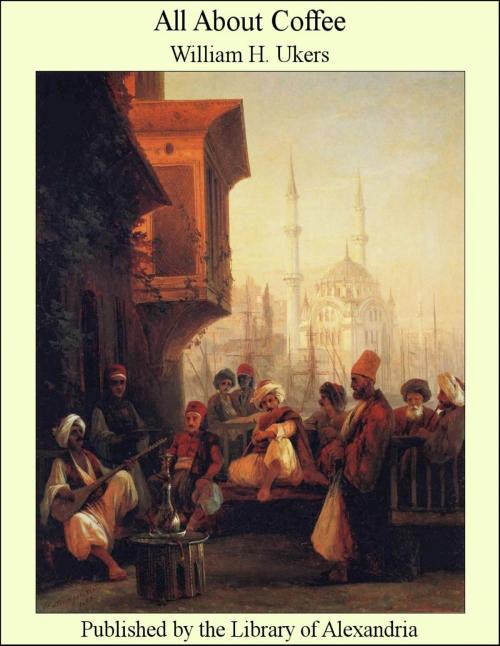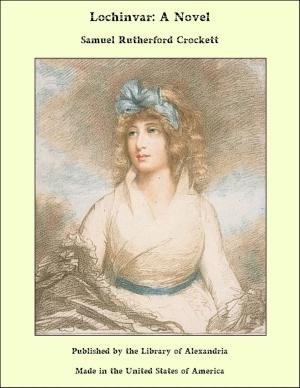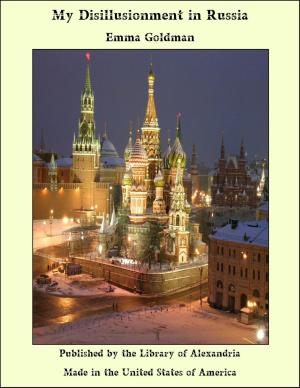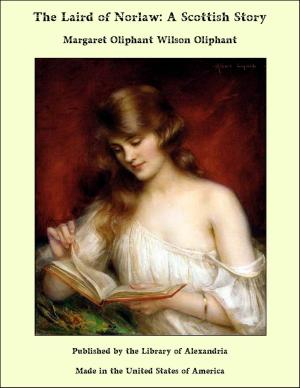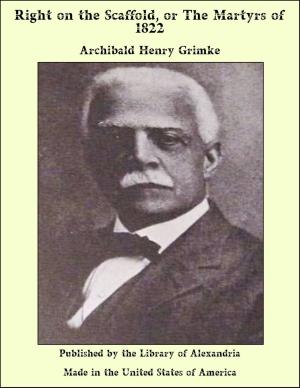| Author: | William H. Ukers | ISBN: | 9781465523976 |
| Publisher: | Library of Alexandria | Publication: | July 29, 2009 |
| Imprint: | Library of Alexandria | Language: | English |
| Author: | William H. Ukers |
| ISBN: | 9781465523976 |
| Publisher: | Library of Alexandria |
| Publication: | July 29, 2009 |
| Imprint: | Library of Alexandria |
| Language: | English |
Civilization in its onward march has produced only three important non-alcoholic beverages—the extract of the tea plant, the extract of the cocoa bean, and the extract of the coffee bean. Leaves and beans—these are the vegetable sources of the world's favorite non-alcoholic table-beverages. Of the two, the tea leaves lead in total amount consumed; the coffee beans are second; and the cocoa beans are a distant third, although advancing steadily. But in international commerce the coffee beans occupy a far more important position than either of the Others, being imported into non-producing countries to twice the extent of the tea leaves. All three enjoy a world-wide consumption, although not to the same extent in every nation; but where either the coffee bean or the tea leaf has established itself in a given country, the Other gets comparatively little attention, and usually has great difficulty in making any advance. The cocoa bean, on the Other hand, has not risen to the position of popular favorite in any important consuming country, and so has not aroused the serious opposition of its two rivals. Coffee is universal in its appeal. All nations do it homage. It has become recognized as a human necessity. It is no longer a luxury or an indulgence; it is a corollary of human energy and human efficiency. People love coffee because of its two-fold effect—the pleasurable sensation and the increased efficiency it produces. Coffee has an important place in the rational dietary of all the civilized peoples of earth. It is a democratic beverage. Not only is it the drink of fashionable society, but it is also a favorite beverage of the men and women who do the world's work, whether they toil with brain or brawn. It has been acclaimed "the most grateful lubricant known to the human machine," and "the most delightful taste in all nature." No "food drink" has ever encountered so much opposition as coffee. Given to the world by the church and dignified by the medical profession, nevertheless it has had to suffer from religious superstition and medical prejudice. During the thousand years of its development it has experienced fierce political opposition, stupid fiscal restrictions, unjust taxes, irksome duties; but, surviving all of these, it has triumphantly moved on to a foremost place in the catalog of popular beverages. But coffee is something more than a beverage. It is one of the world's greatest adjuvant foods. There are Other auxiliary foods, but none that excels it for palatability and comforting effects, the psychology of which is to be found in its unique flavor and aroma. Men and women drink coffee because it adds to their sense of well-being. It not only smells good and tastes good to all mankind, heathen or civilized, but all respond to its wonderful stimulating properties. The chief factors in coffee goodness are the caffein content and the caffeol. Caffein supplies the principal stimulant. It increases the capacity for muscular and mental work without harmful reaction. The caffeol supplies the flavor and the aroma—that indescribable Oriental fragrance that wooes us through the nostrils, forming one of the principal elements that make up the lure of coffee. There are several Other constituents, including certain innocuous so-called caffetannic acids, that, in combination with the caffeol, give the beverage its rare gustatory appeal.
Civilization in its onward march has produced only three important non-alcoholic beverages—the extract of the tea plant, the extract of the cocoa bean, and the extract of the coffee bean. Leaves and beans—these are the vegetable sources of the world's favorite non-alcoholic table-beverages. Of the two, the tea leaves lead in total amount consumed; the coffee beans are second; and the cocoa beans are a distant third, although advancing steadily. But in international commerce the coffee beans occupy a far more important position than either of the Others, being imported into non-producing countries to twice the extent of the tea leaves. All three enjoy a world-wide consumption, although not to the same extent in every nation; but where either the coffee bean or the tea leaf has established itself in a given country, the Other gets comparatively little attention, and usually has great difficulty in making any advance. The cocoa bean, on the Other hand, has not risen to the position of popular favorite in any important consuming country, and so has not aroused the serious opposition of its two rivals. Coffee is universal in its appeal. All nations do it homage. It has become recognized as a human necessity. It is no longer a luxury or an indulgence; it is a corollary of human energy and human efficiency. People love coffee because of its two-fold effect—the pleasurable sensation and the increased efficiency it produces. Coffee has an important place in the rational dietary of all the civilized peoples of earth. It is a democratic beverage. Not only is it the drink of fashionable society, but it is also a favorite beverage of the men and women who do the world's work, whether they toil with brain or brawn. It has been acclaimed "the most grateful lubricant known to the human machine," and "the most delightful taste in all nature." No "food drink" has ever encountered so much opposition as coffee. Given to the world by the church and dignified by the medical profession, nevertheless it has had to suffer from religious superstition and medical prejudice. During the thousand years of its development it has experienced fierce political opposition, stupid fiscal restrictions, unjust taxes, irksome duties; but, surviving all of these, it has triumphantly moved on to a foremost place in the catalog of popular beverages. But coffee is something more than a beverage. It is one of the world's greatest adjuvant foods. There are Other auxiliary foods, but none that excels it for palatability and comforting effects, the psychology of which is to be found in its unique flavor and aroma. Men and women drink coffee because it adds to their sense of well-being. It not only smells good and tastes good to all mankind, heathen or civilized, but all respond to its wonderful stimulating properties. The chief factors in coffee goodness are the caffein content and the caffeol. Caffein supplies the principal stimulant. It increases the capacity for muscular and mental work without harmful reaction. The caffeol supplies the flavor and the aroma—that indescribable Oriental fragrance that wooes us through the nostrils, forming one of the principal elements that make up the lure of coffee. There are several Other constituents, including certain innocuous so-called caffetannic acids, that, in combination with the caffeol, give the beverage its rare gustatory appeal.
